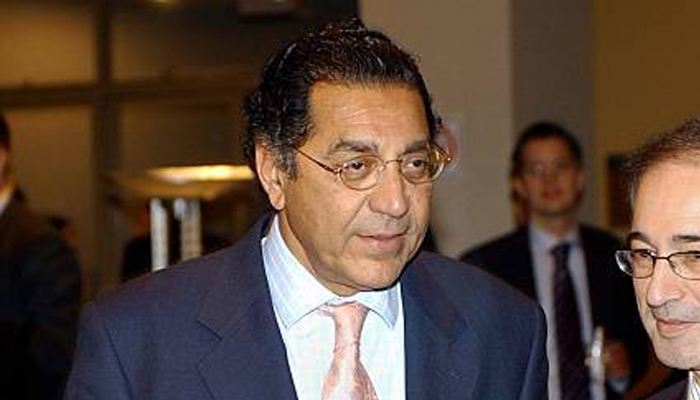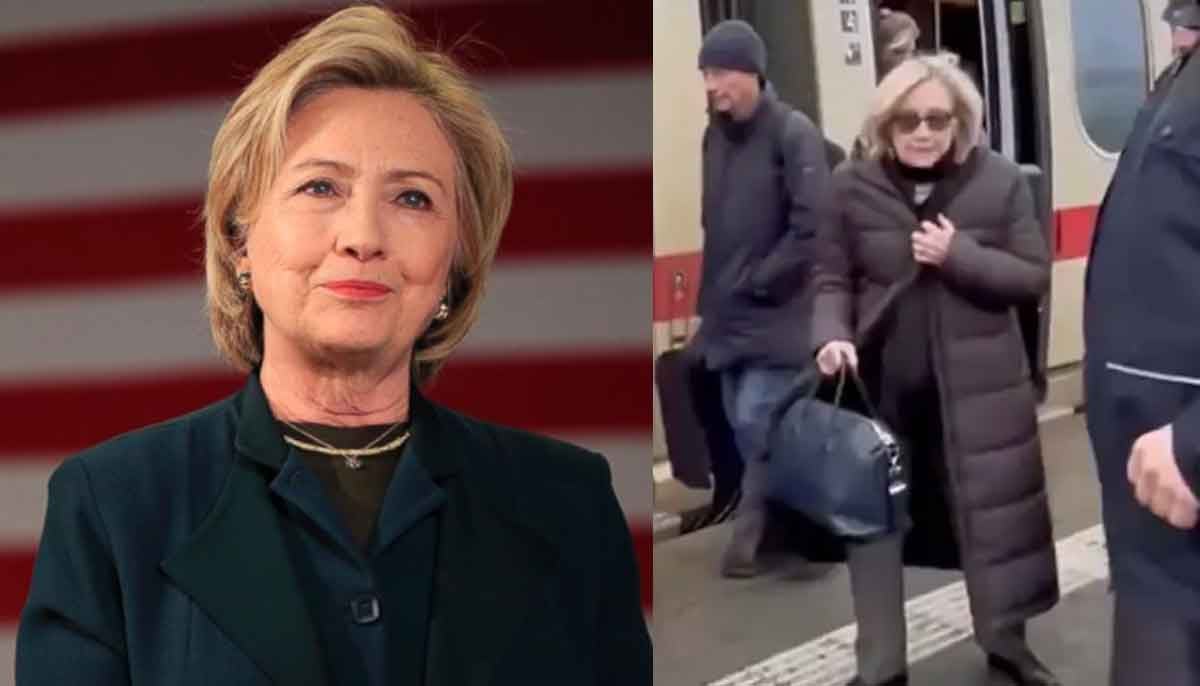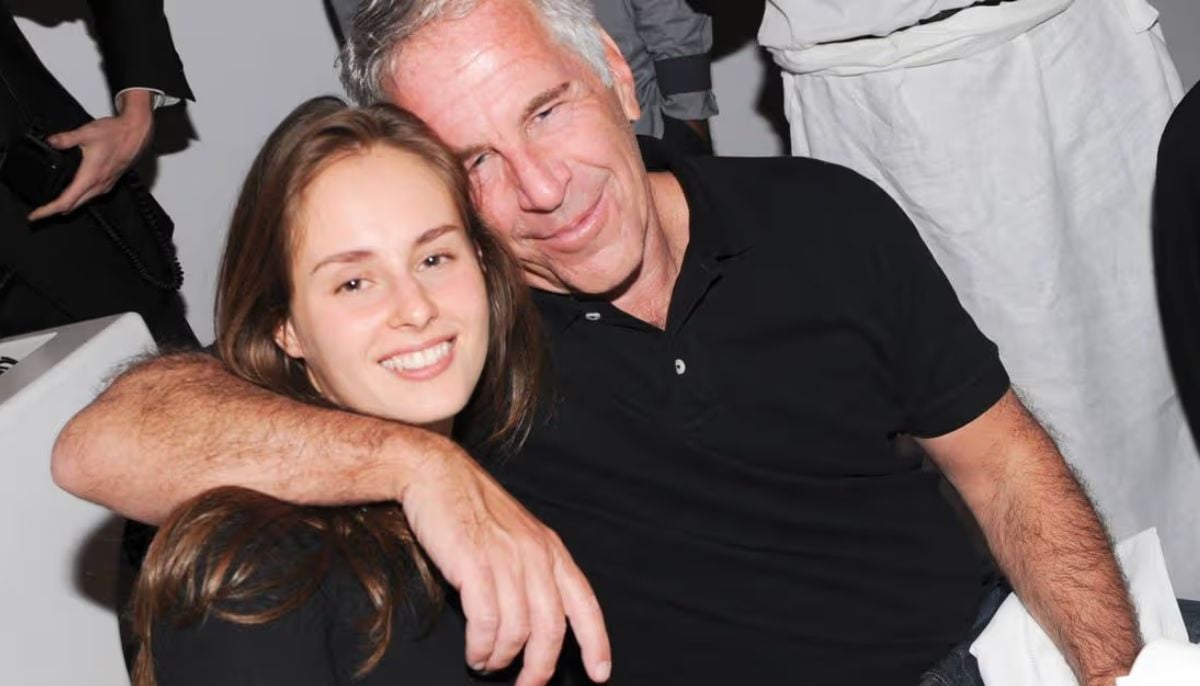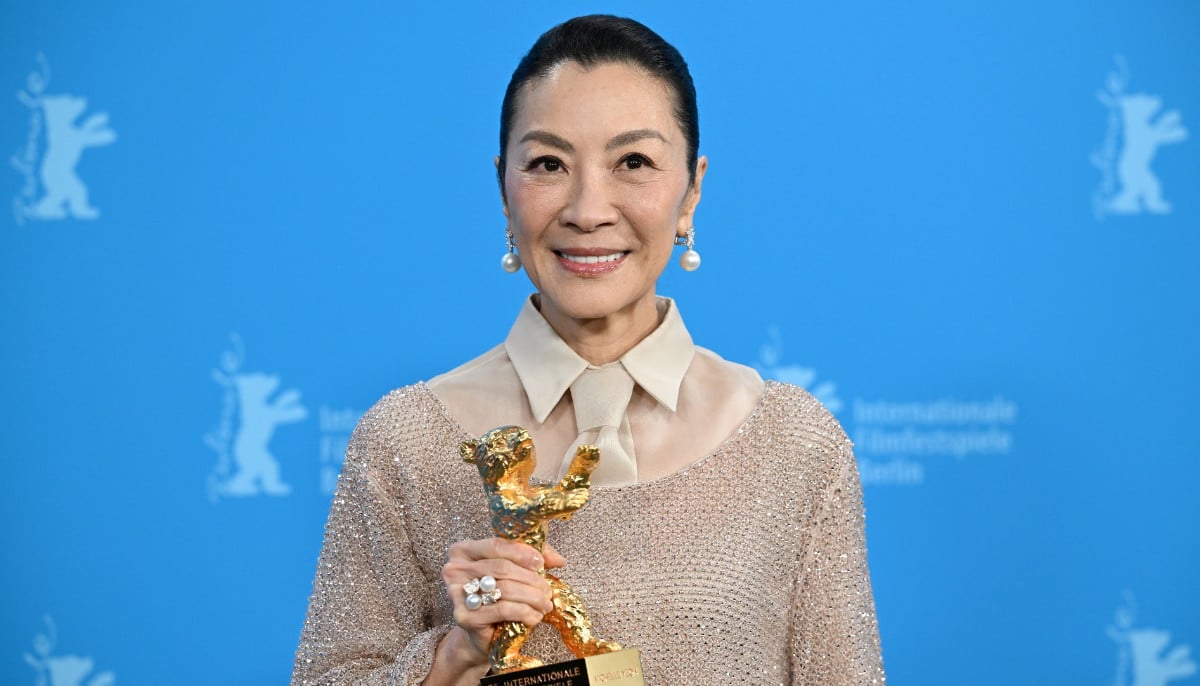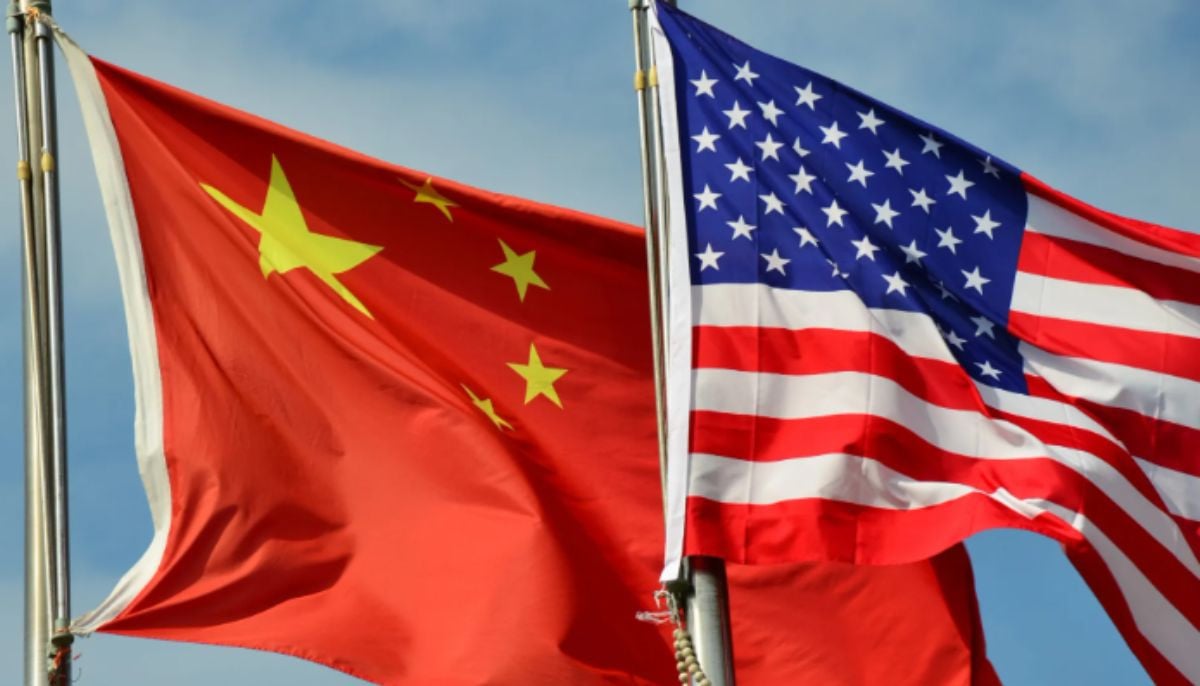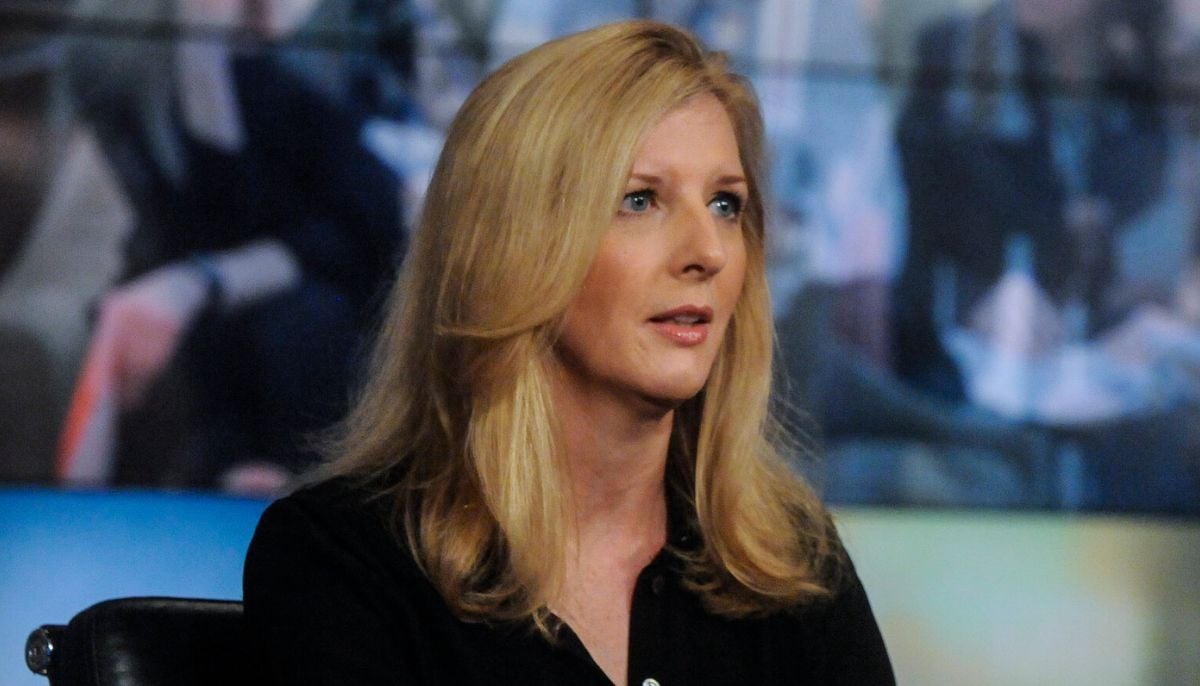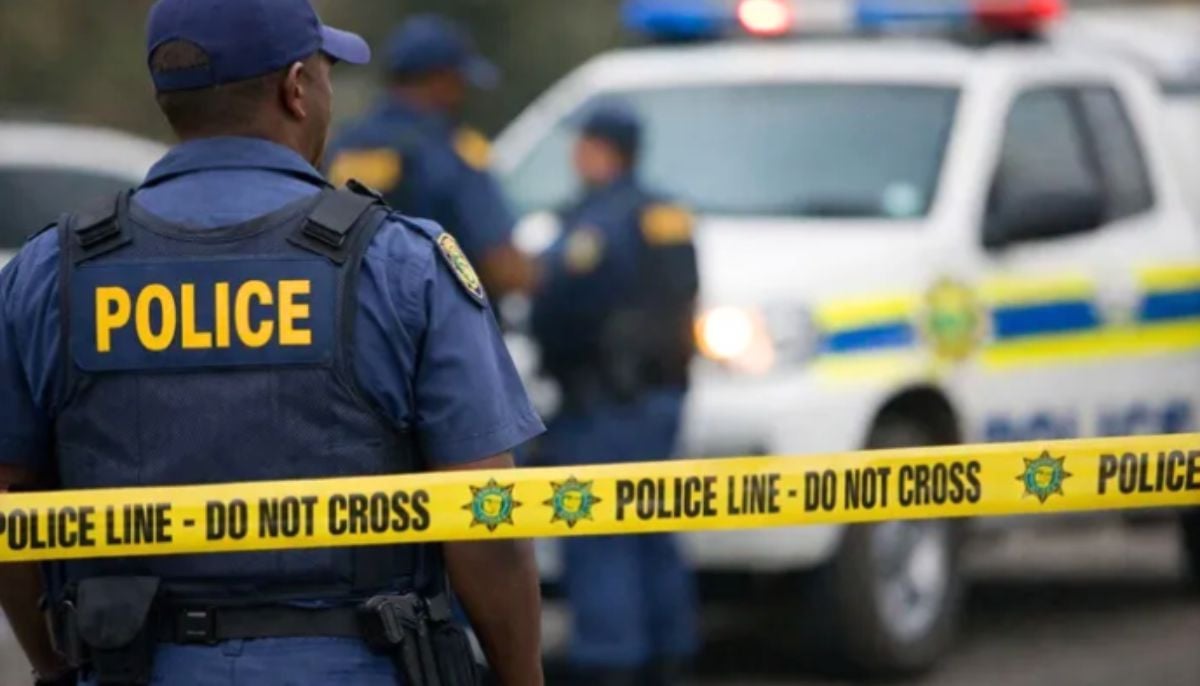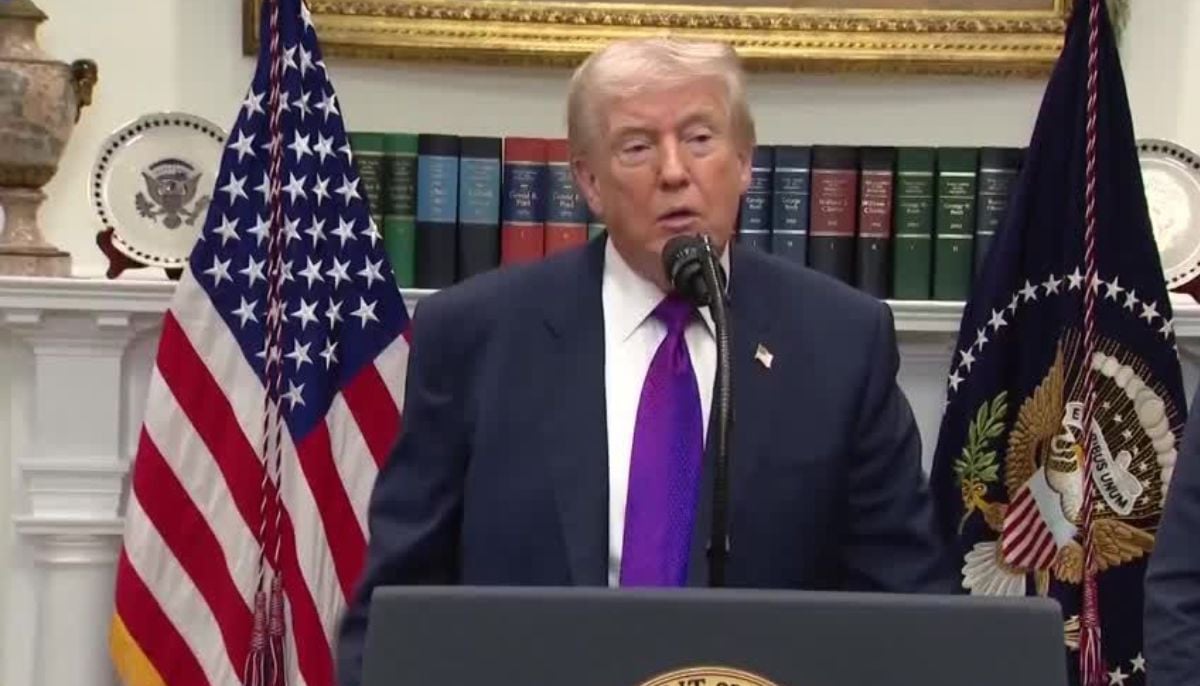Kashmir issue 'fully alive' at UN after Pakistan's campaign: Amb Munir Akram
'Entire world has seen how the nation has come together to raise voice for our Kashmir brethren': Akram
NEW YORK: The issue of occupied Kashmir, under siege for more than 180 days now, is "fully alive" at the United Nations due to a "forceful and determined campaign", Islamabad's Permanent Representative to the United Nations Munir Akram said on Thursday.
Pakistan's campaign against Indian atrocities in the occupied Himalayan region had revived the decades-old dispute "for the first time in 50 years", he added while addressing a Kashmir Solidarity Day event arranged by Pakistan’s Consulate General.
"The entire world has seen how the nation has come together to raise voice for our Kashmir brethren after the illegal actions taken by India on August 5," the ambassador said, referring to the day India annexed the disputed valley and imposed a communications lock-down there.
As a result of the efforts of Pakistani missions, the Pakistani envoy said, the UN Security Council (UNSC) has discussed the Kashmir dispute three times in less than six months.
'Kashmir number one priority'
Akram noted that the 15-member body had voiced extreme concern over the human rights violations in occupied Kashmir and called for an end to abuses against Kashmiris in its last meeting, held on January 15.
UN Secretary-General Antonio Guterres, UN High Commissioner for Human Rights Michelle Bachelet, and other high-ranking UN officials have repeatedly condemned Indian actions and reiterated Jammu and Kashmir's disputed status.
"Kashmir is now our number one priority," the Pakistani envoy said, urging the Pakistani community to work together and become ambassadors of Kashmir.
Akram noted that New Delhi's strategy was to instil fear among Kashmiris by unleashing a reign of terror through hundreds of thousands of Indian troops, forcing them to abandon their struggle for freedom.
The envoy reiterated that Prime Minister Imran Khan and the people of Pakistan would stand by the Kashmiris and not allow India to break their will.
'Working on three-track approach'
Akram stated that PM Imran's "momentous speech" to the UN General Assembly in September last year had a positive impact on the international community. He added that the premier spoke from his heart to voice his determination to pursue a peaceful settlement of Kashmir dispute.
He also revealed that Islamabad was now working on a three-track approach in the UN to further advance the case on Kashmir.
The track will focus on highlighting dire human rights situation in IoK; reaffirm the legitimacy of the freedom struggle of Kashmiri people based on their UN-pledged right to self-determination; and to reassert that Pakistan stood for peace and sought a political settlement, not through use of force.
Akram shared that Pakistan was also exposing the rise of fascist and supremacist ideology in India.
"Whatever is happening in Kashmir and in rest of India is manifestation of this hate-filled exclusionary ideology," said the Pakistani envoy.
Messages from PM Imran, President Alvi read out
During the event, messages from President Arif Alvi and PM Imran were also shared. In their messages, the two leaders conveyed Pakistan’s full moral, diplomatic, and political support to the Kashmiri people until the realisation of their legitimate right to self-determination were read out.
The president's message was delivered by Consul General Ayesha Ali, while the prime minister’s message was read out by Muhammad Aamir Khan, the deputy permanent representative to the UN.
The meeting was also addressed by Kashmiri activist Ghazala Habib and Salam Ravala, a Kashmiri lawyer.
The Azad Kashmir Council's former member, Sardar Sawar Khan, in his address thanked Pakistan for its consistent support to the Kashmir cause. He also made a case for Pakistan to pull out of the 1972 Simla agreement as no progress has been made towards a resolution of the Kashmir dispute in the course of bilateral talks.
-
Columbia university sacks staff over Epstein partner's ‘backdoor’ admission
-
Ohio daycare worker 'stole $150k in payroll scam', nearly bankrupting nursery
-
Michelle Yeoh gets honest about 'struggle' of Asian representation in Hollywood
-
US, China held anti-narcotics, intelligence meeting: State media reports
-
Goldman Sachs’ top lawyer resigns over Epstein connections
-
Manhunt continues for suspect who killed 2 at South Carolina State University
-
Trump considers scaling back trade levies on steel, aluminium in response to rising costs
-
Trump revokes legal basis for US climate regulation, curb vehicle emission standards
